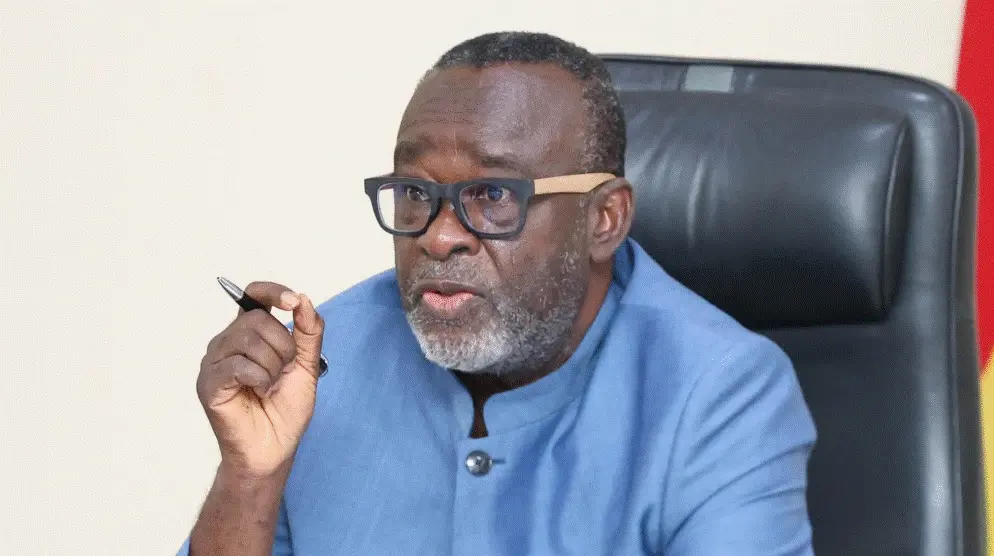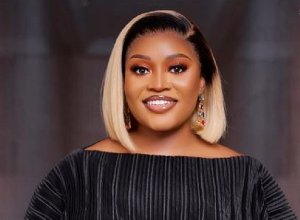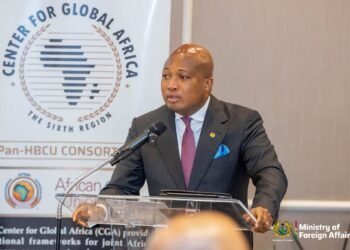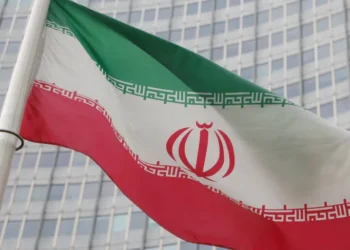The growing controversy surrounding the Ghana Law Society took another twist after Frank Davies, Chairman of the Constitutional and Legal Committee of the opposition New Patriotic Party (NPP), strongly criticized Acting Chief Justice Paul Baffoe-Bonnie for his recent comments.
The acting Chief Justice had urged the Ghana Law Society to seek formal licensing from the General Legal Council, sparking a heated debate within Ghana’s legal and political circles.
According to Davies, the Acting Chief Justice’s position was inappropriate and could undermine the integrity of the judiciary.
While he refrained from directly speaking for the head of the judiciary, Davies made it clear that the comments risked creating “embarrassment and discomfort” for the office of the Chief Justice, especially at a time when a related case is actively before the Supreme Court.
He explained that the issue regarding the Ghana Law Society’s legitimacy is already the subject of legal proceedings.
“This has indeed caused a writ to be issued in the Supreme Court, and the action is pending,” he noted, emphasizing that it was highly unusual for the Acting Chief Justice to meet with members of the Ghana Law Society while such a sensitive matter remains unresolved.
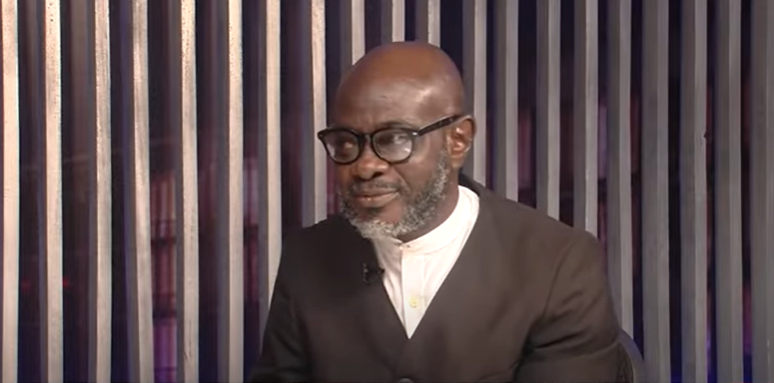
Davies argued that by encouraging the group to obtain a license or certification from the General Legal Council, the Acting Chief Justice risks creating the impression of having already taken a side.
“You are the Acting Chief Justice. You’re supposed to be impaneling the bench of the Supreme Court. And when such a matter is pending, then this Law Society decides to call on you, and you grant them audience, applaud them, and encourage them to procure a license or certificate from the General Legal Council, to do what? I think it’s most, very most unfortunate.”
Frank Davies
Dispute Over Due Process Amid Law Society Issues
Frank Davies further questioned whether the Acting Chief Justice’s actions could genuinely be seen as promoting due process.
In his view, due process requires restraint, especially when a case is still pending in court.
“What is due process in this matter? I am saying that the matter came before his court. The matter is pending. If they thought it was that easy, why would they go to court? The matter is pending. In law, we say it’s subjudicated. It is pending.”
Frank Davies

He also raised concerns that the Acting Chief Justice’s comments might give the impression of having already decided the case, potentially weakening public trust in the judiciary’s neutrality.
He questioned whether it was appropriate for the head of the judiciary, who is responsible for forming the Supreme Court panel, to encourage the Ghana Law Society to obtain a certificate from the General Legal Council while the matter is still pending.
Davies reminded the public that the Ghana Bar Association (GBA) remains the only constitutionally recognized body mandated to engage directly with the General Legal Council on matters relating to legal practice.
According to him, allowing another group to claim similar powers would create a constitutional crisis.
“The Ghana Bar Association is the only recognized association, by the dictates of our Constitution, to deal with the General Legal Council. The activity that is regarded in such a way cannot be that simplistic. There are constitutional issues to be determined.”
Frank Davies
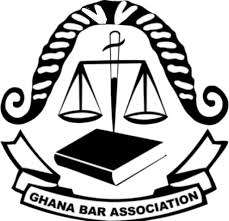
He further questioned the timing of the Ghana Law Society’s decision to reach out to the Acting Chief Justice, noting that the group was established while the former Chief Justice was still in office, but made no effort to engage with her.
This, he suggested, raises concerns about possible political motives behind their recent actions.
The opposition legal figure argued that the Acting Chief Justice’s involvement in such a politically sensitive issue could compromise the judiciary’s credibility.
He warned that any suggestion of bias or pre-judgment could further inflame tensions surrounding the case.
While the specific panel to hear the matter has yet to be constituted, Davies acknowledged that it remains within the Acting Chief Justice’s constitutional powers to select the judges who will sit on the case.
However, he cautioned that any public statements made before a final decision is reached could influence perceptions of fairness.
READ ALSO: Trump Announces New Wave Of Tariffs On Drugs, Trucks, Kitchen Cabinets

